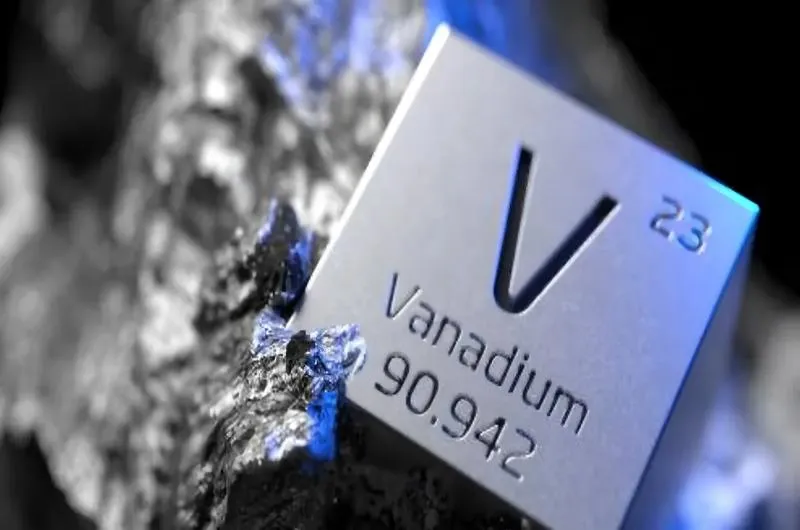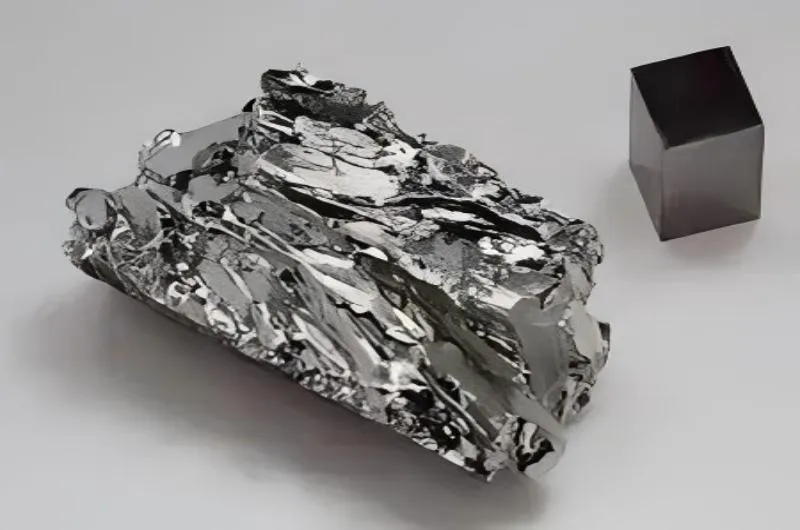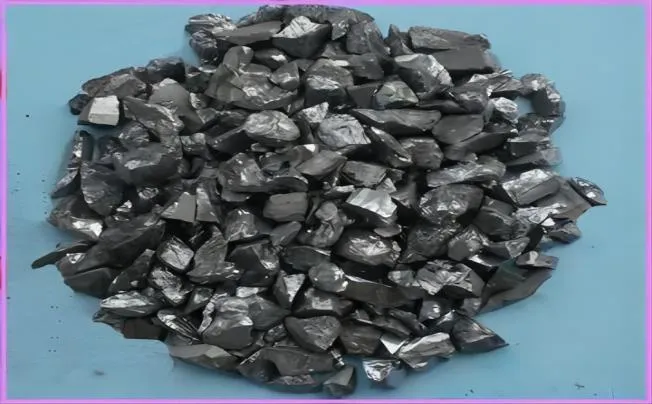BY  GENN
GENN
2024/09
Blog
Is Silicon Manufactured In India?
Silicon, a versatile element with widespread applications in various industries, plays a crucial role in modern technology. It is a fundamental component of semiconductors, solar cells, and countless electronic devices.
Global Silicon Industry Overview
The global silicon industry is dominated by key players such as China, the United States, and Japan. China holds a significant share of the market due to its abundant resources, advanced manufacturing capabilities, and strong government support. Chinese companies like Xiamen Tungsten Co., Ltd, and Daqo New Energy Corp are at the forefront of silicon production globally.
In recent years, the global silicon industry has witnessed several key trends and developments that are reshaping its landscape. One notable trend is the increasing demand for high-purity silicon for semiconductor applications driven by advancements in technologies such as artificial intelligence, the Internet of Things (IoT), and 5G networks.
Another significant development is the focus on sustainable practices in silicon manufacturing to reduce environmental impact and carbon footprint. Companies across the globe are investing in research and development to enhance production efficiency, reduce waste generation, and improve energy utilization.
When comparing production capacities and technological advancements across different countries in the global silicon industry, China emerges as a powerhouse with massive production facilities capable of meeting both domestic demand and international exports. The United States excels in cutting-edge technologies for refining high-purity silicon suitable for semiconductor applications, maintaining its competitive edge in niche markets.
Japan stands out for its precision engineering methods that ensure superior quality control throughout the manufacturing process. Despite variations in production capacities and technological expertise, these countries collectively drive innovation and progress within the global silicon industry ecosystem.
Historical Evolution of the Silicon Industry in India
India’s journey in silicon manufacturing traces back to the early 20th century when the first attempts were made to produce metallurgical-grade silicon for industrial applications. However, it was not until the late 20th century that significant strides were made in establishing a robust silicon industry.
The liberalization policies of the 1990s played a pivotal role in encouraging private investment and technological advancements in the sector. This led to the emergence of indigenous production facilities and research initiatives aimed at enhancing the quality and competitiveness of Indian silicon products.
The historical evolution of India’s silicon industry is marked by a gradual shift towards high-purity silicon production for semiconductor applications. With increasing demand from sectors such as electronics, telecommunications, and renewable energy, Indian companies have invested heavily in upgrading their manufacturing processes to meet international standards.
Collaborations with global semiconductor giants have further accelerated technological transfer and knowledge exchange, positioning India as a promising player in the global silicon market. The evolution of India’s silicon industry reflects a blend of traditional expertise and modern innovation.
Major Companies Involved in Silicon Manufacturing in India
Several prominent companies play a pivotal role in shaping India’s silicon manufacturing landscape. From established players with decades of experience to dynamic startups driving innovation, these organizations collectively contribute to the growth and diversification of the sector.
Companies such as Tata Chemicals, Hemla Embicon Tech Private Limited, SILICO FERRO ALLOYS PVT LTD., and Snam Abrasives Pvt Ltd are among those leading the charge in producing high-quality silicon products catering to diverse industries. Tata Chemicals stands out as one of India’s oldest conglomerates with a strong foothold in various sectors including chemicals and materials.
Its foray into silicon manufacturing has been marked by strategic investments in advanced technologies and sustainable practices. Hemla Embicon Tech Private Limited is another key player known for its specialization in refining processes that yield superior-grade silicon for specialized applications like solar cells and semiconductors.
These companies not only contribute significantly to domestic production but also actively participate on international platforms through exports and collaborations with global partners. Their commitment to quality assurance, research & development, and adherence to stringent environmental norms underscores their position as frontrunners driving innovation within India’s burgeoning silicon industry.
Challenges and Opportunities for Silicon Manufacturing in India
Infrastructure Limitations: An Impediment to Production Efficiency
The growth of the silicon manufacturing industry in India is constrained by various infrastructure challenges that impede production efficiency. One of the primary issues is the inadequacy of reliable power supply, which is crucial for running energy-intensive processes involved in silicon production. Inconsistent power outages and fluctuations can disrupt operations, leading to production delays and increased costs.
Furthermore, transportation infrastructure, including roads and ports, plays a vital role in the timely delivery of raw materials and finished products. Improving infrastructure facilities will be essential to enhance the competitiveness of Indian silicon manufacturers on a global scale.
Technological Gaps: Bridging the Divide with Global Leaders
While India has made significant strides in technological advancements across various sectors, there exist notable gaps when compared to global leaders in silicon manufacturing. The adoption of cutting-edge technologies such as advanced process control systems, automation, and robotics is relatively limited in Indian silicon plants.
This results in lower productivity levels and higher production costs compared to developed countries with state-of-the-art facilities. To bridge this technological gap, investments in research and development are imperative to equip Indian manufacturers with the latest tools and methodologies that can improve efficiency and product quality.
Challenges and Opportunities for Silicon Manufacturing in India
Infrastructure Limitations: An Impediment to Production Efficiency
The growth of the silicon manufacturing industry in India is constrained by various infrastructure challenges that impede production efficiency. One of the primary issues is the inadequacy of reliable power supply, which is crucial for running energy-intensive processes involved in silicon production. Inconsistent power outages and fluctuations can disrupt operations, leading to production delays and increased costs.
Furthermore, transportation infrastructure, including roads and ports, plays a vital role in the timely delivery of raw materials and finished products. Improving infrastructure facilities will be essential to enhance the competitiveness of Indian silicon manufacturers on a global scale.
Technological Gaps: Bridging the Divide with Global Leaders
While India has made significant strides in technological advancements across various sectors, there exist notable gaps when compared to global leaders in silicon manufacturing. The adoption of cutting-edge technologies such as advanced process control systems, automation, and robotics is relatively limited in Indian silicon plants.
This results in lower productivity levels and higher production costs compared to developed countries with state-of-the-art facilities. To bridge this technological gap, investments in research and development are imperative to equip Indian manufacturers with the latest tools and methodologies that can improve efficiency and product quality.
Potential Areas for Innovation: Collaborating for Competitiveness
Amidst challenges lie numerous opportunities for innovation and collaboration that can propel the growth of silicon manufacturing in India. One potential area is investing in sustainable practices such as recycling silicon waste generated during production processes. By implementing circular economy principles, manufacturers can minimize environmental impact while reducing costs associated with waste disposal.
Collaborating with academic institutions and research organizations can also foster innovation by developing novel processes or materials that enhance the performance of silicon-based products. Embracing these opportunities for innovation through strategic partnerships will be instrumental in enhancing competitiveness and establishing India as a prominent player in the global silicon market.










